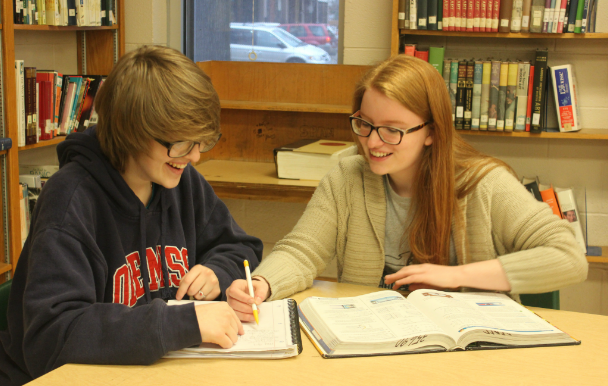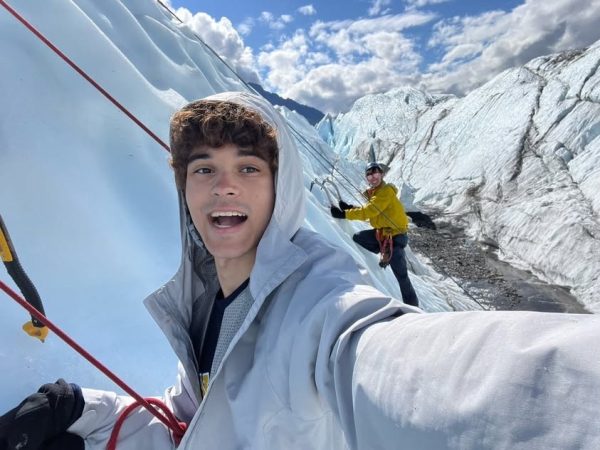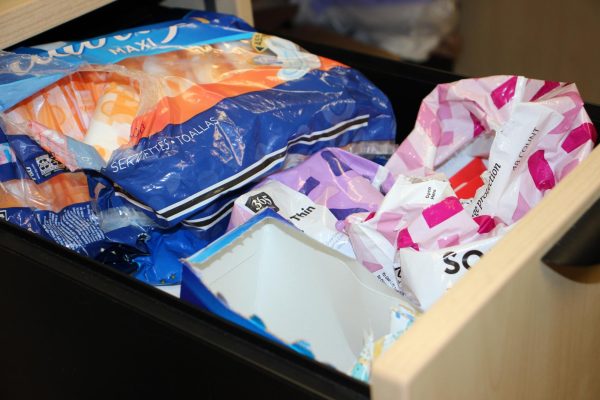Tutoring in High School
Cara Waters (12) tutoring Jasmine Simmers (12) in the library.
Every student feels the pressures of school some time or another. With the heightened competition for spots at prestigious colleges and universities, more students are staying after school for tutoring from teachers, friends or tutoring clubs to help them understand unfamiliar or complex topics.
One tutoring club that has been started this year is the ACT Prep Club. Vaibhav Shah (10) and Arvind Ramesh (10), the founders of the club, both stated that they were helping students who were weak in certain ACT subjects.
Many students and teachers alike believe that peer tutoring, like what is seen in the ACT Prep Club, is useful for both the student getting tutored and the student who is tutoring.
“It’s a good opportunity for people to help each other out,” Riley Kelly (11), a student who has been tutored, said. “That one-on-one interaction really helps with learning.”
This is an obvious benefit to tutoring. With individualized tutoring, a student struggling with a specific concept can ensure that they will get a thorough understanding of it.
Research conducted by the National Education Association has proven that the students who tutor others benefit from the exchange of information as well. Student testimonials agree with this trend.
“Teaching makes me feel like I’m actually having a direct impact, and it always manages to make me feel really happy,” Cara Waters (12) said.
These emotional boosts are important because they motivate students to continue tutoring others and create a positive learning environment.
“Tutoring forces me to confront my own shortcomings in my practical and conceptual understanding of topics,” Levi Evans (11) said.
This is an often overlooked advantage of tutoring. The students who tutor others need to revisit the material before teaching it to another student. Through this process, the tutor also learns the concept again, which they might not have done otherwise, thus, helping them in the long run as well.
However, tutoring is not the only way to learn.
“I have been honest enough to tell some students ‘You don’t need a tutor. Just be serious,’” Dr. Chikezie Madu, the AP Biology teacher, said.
He went on to add that not everyone needs tutoring; for some, it’s a matter of discipline.
“Some students don’t have the basis, the foundation, so they will need the tutor to catch them up to where they need to be,” Madu said.
Therefore, students don’t always need to participate in tutoring, but peer tutoring helps both parties involved learn concepts more effectively.
Your donation will support the student journalists of White Station High School. Your contribution will allow us to purchase equipment and cover our annual website hosting costs.






































